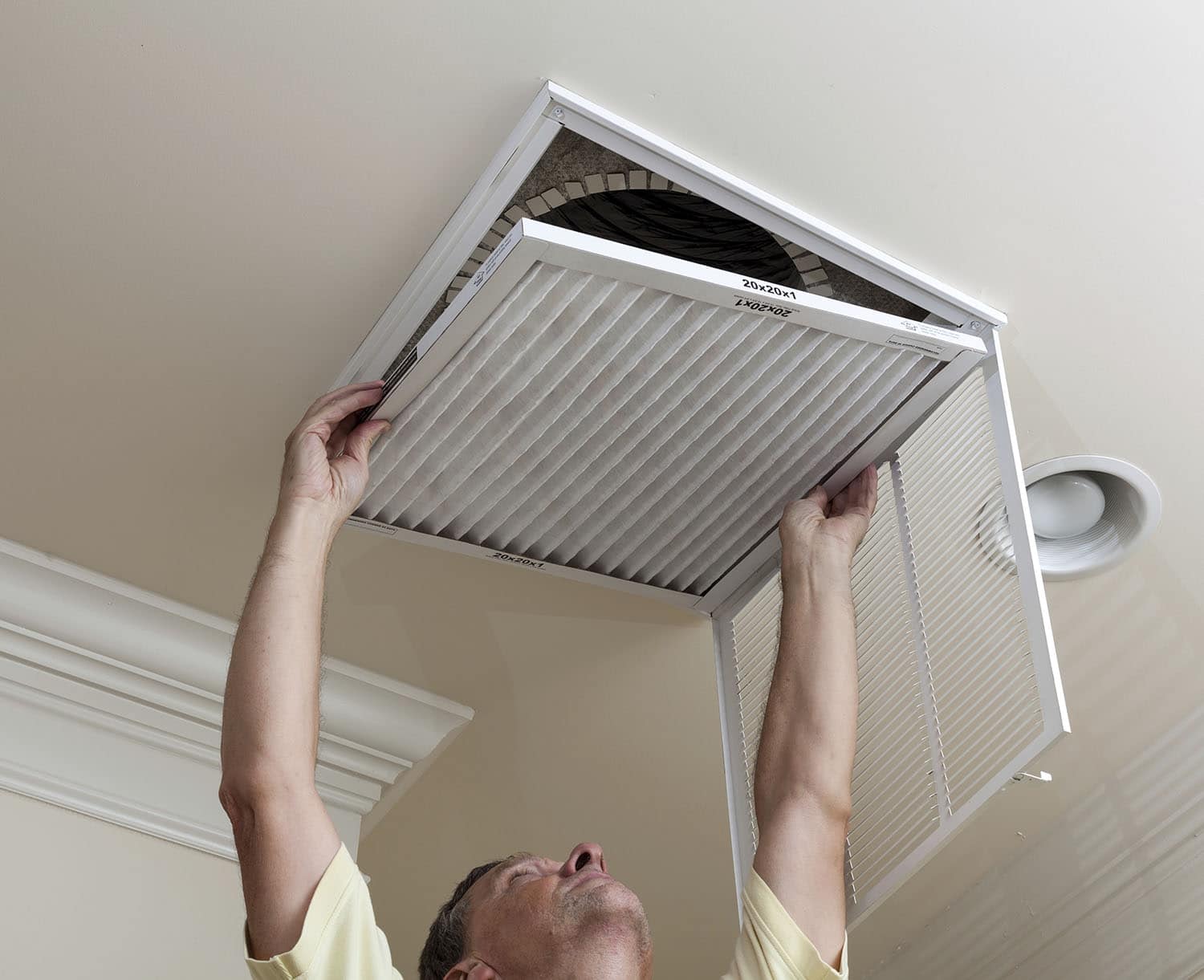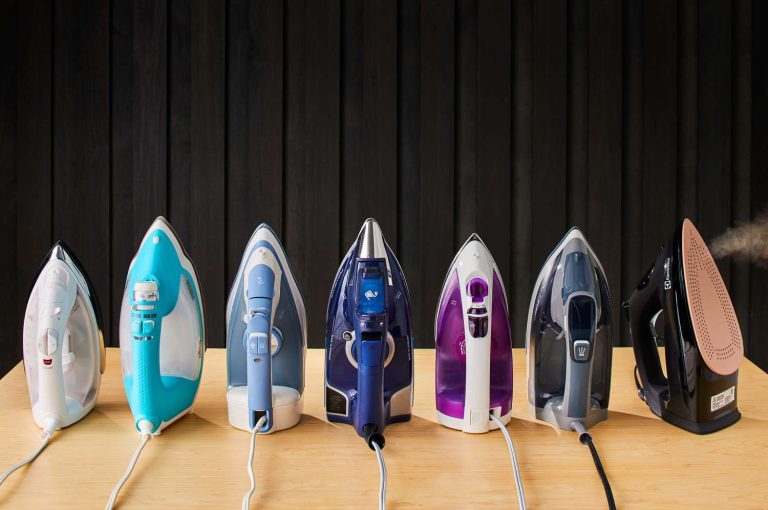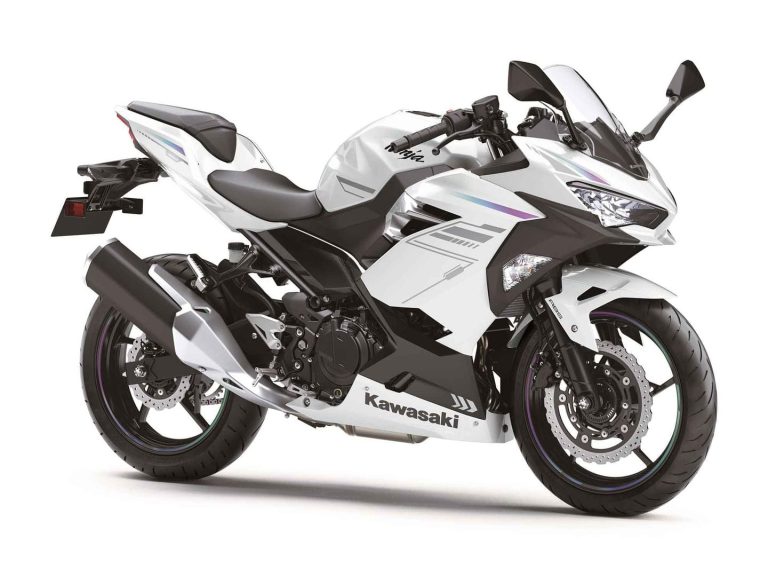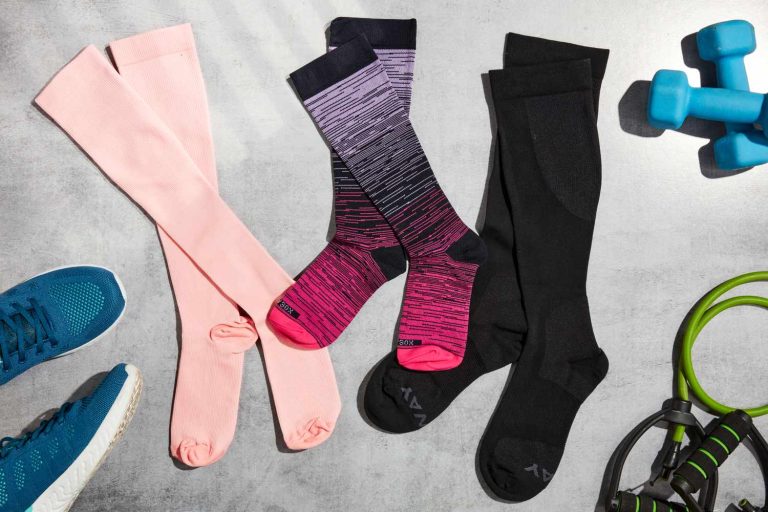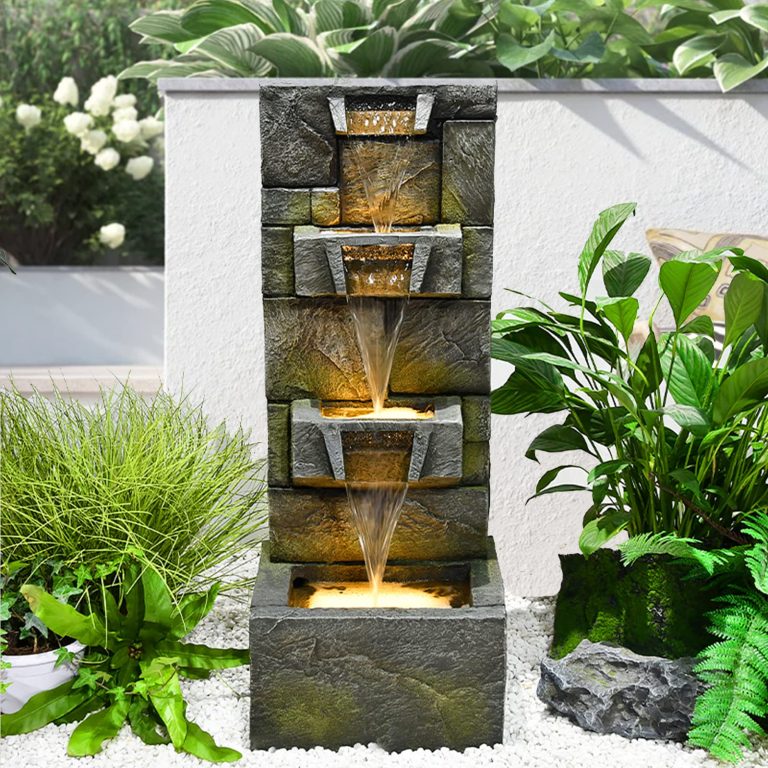9 Best Air Filters for Home: Improve Indoor Air Quality and Health
Breathing clean air in your home isn’t just a luxury; it’s a necessity for your health and well-being. With pollutants, allergens, and dust particles lurking in the air, investing in a high-quality air filter can make a world of difference. But with so many options on the market, how do you choose the best one for your needs?
We’ve done the legwork for you and compiled a list of the 9 best air filters for your home. Whether you’re looking for something budget-friendly or a top-of-the-line model, our guide will help you find the perfect fit to ensure you and your family breathe easier.
Determining the Right Air Filter for Your Needs
Choosing the perfect air filter for your home involves understanding various factors that ensure optimal air quality. Let’s break down the most crucial aspects you need to consider.
Considering Air Filter Sizes
Matching the size of your air filter with your HVAC system is essential. Filters come in standard sizes like 16x20x1 or 20x25x4. Check your HVAC manual or the existing filter for size information. Incorrect size selection can hinder airflow and reduce efficiency. Standard filters fit most units but measuring your filter slot will guarantee the right size.
Understanding MERV Ratings
Knowing the Minimum Efficiency Reporting Value (MERV) rating helps identify the filter’s effectiveness. MERV ratings range from 1 to 20. Filters with ratings between 8 and 13 are suitable for homes, balancing efficiency and air resistance. Higher MERV ratings provide superior filtration but can strain your HVAC system if not compatible. Always consult your HVAC manual to determine the best MERV rating for your system.
Review of the 9 Best Air Filters for Home
Choosing the right air filter can make a significant difference in your home’s air quality. Here’s a closer look at the best options available for your specific needs.
HEPA Air Filters
HEPA filters, or High-Efficiency Particulate Air filters, capture 99.97% of particles as small as 0.3 microns. They’re perfect if you suffer from allergies or asthma. These filters trap dust, pollen, mold spores, and pet dander, ensuring cleaner air. Popular brands include Honeywell and Dyson, known for their exceptional performance.
Activated Carbon Air Filters
Activated carbon filters excel at removing odors and volatile organic compounds (VOCs) from your home. They’re ideal for households with smokers or pets. Activated carbon absorbs gases and chemical vapors, creating a fresher environment. Brands like Molekule and Austin Air offer top-notch activated carbon filters.
Electrostatic Air Filters
Electrostatic filters use static electricity to attract and trap airborne particles. They’re reusable, making them cost-effective. You won’t need to replace them as frequently as disposable filters. These are great for capturing dust and allergens. Brands like K&N and Web provide high-quality electrostatic filters.
Pleated Air Filters
Pleated filters offer a larger surface area for trapping particles and typically have a higher MERV rating than flat filters. They balance efficiency and longevity, capturing dust, mold spores, and pet dander effectively. Filtrete and 3M are well-known for their reliable pleated filter products.
Fiberglass Air Filters
Fiberglass filters are an affordable option for basic filtration needs. They typically have lower MERV ratings and are best for capturing large particles like dust and lint. While not as effective against smaller particles, they work well for short-term use. Brands like Flanders and AirX offer dependable fiberglass filters.
UV Light Air Filters
UV light filters, combined with traditional filters, target and destroy bacteria, viruses, and mold spores. They use ultraviolet light to sterilize microorganisms in the air. These are perfect for maintaining a germ-free environment. APC and Honeywell manufacture highly effective UV light air filters.
Washable Air Filters
Washable filters are eco-friendly and reusable, reducing waste. They provide decent filtration and can last for years with proper maintenance. A quick wash every month keeps them in good shape. Brands like Air-Care and Trophy Air specialize in durable washable filters.
Media Air Filters
Media filters offer superior filtration with a large surface area, making them effective at capturing tiny particles. They usually have high MERV ratings, providing excellent air quality. These filters are suitable for homes needing robust air cleaning. Aprilaire and Lennox are leading providers of media air filters.
Smart Air Filters
Smart filters integrate with your home’s Wi-Fi network to provide real-time air quality analytics. They alert you when it’s time to replace the filter, ensuring optimal performance. These are perfect for tech-savvy homeowners. Filtrete Smart Air Filters by 3M are highly recommended for their convenience and advanced features.
Installation Tips for Home Air Filters
Installing an air filter correctly is crucial for maximizing its efficiency. Follow these tips to ensure you’re getting the best performance from your filter.
Step-by-Step Installation Guide
- Turn Off Power: Before you begin, turn off the power to your HVAC unit to ensure safety. This prevents any electrical accidents.
- Identify Filter Location: Find where your air filter is housed, typically in the intake vent or HVAC system. Refer to your owner’s manual if you’re unsure.
- Remove Old Filter: Carefully remove the old air filter. Check for any labels indicating airflow direction and filter size.
- Clean Filter Compartment: Wipe down the filter compartment to remove dust and debris. A clean compartment ensures optimal airflow.
- Insert New Filter: Align the new filter with the airflow arrows pointing in the correct direction. Make sure it fits snugly without gaps.
- Secure Filter: Secure the filter in place, ensuring it doesn’t move or wobble. Close the filter housing securely.
- Turn On Power: Restore power to your HVAC system and set it to the desired settings. Ensure the system runs smoothly with the new filter installed.
- Using Incorrect Filter Size: Always use the correct filter size for your HVAC system. A filter that’s too small or too large won’t seal properly, reducing efficiency.
- Ignoring Airflow Direction: Pay attention to the airflow direction indicated on the filter. Installing it backward can obstruct airflow and strain your system.
- Skipping Regular Replacement: Replace your filter as per the manufacturer’s recommendation. Neglecting timely replacement can lead to clogged filters, reducing air quality.
- Overlooking Compatibility: Verify that your chosen air filter is compatible with your HVAC system. Incompatibility can lead to poor performance and potential damage.
- Neglecting Cleaning Steps: Don’t skip cleaning the filter compartment. Dust and debris buildup can hinder the effectiveness of your new filter.
Following these installation tips can help ensure your home air filters work effectively, keeping your indoor air clean and safe.
Maintenance and Replacement of Air Filters
Proper maintenance and timely replacement of air filters are crucial for maintaining clean indoor air. Here’s how to keep your air filters in top shape.
Cleaning Your Air Filters
Cleaning air filters is essential for their efficiency. Wash reusable filters with water and a mild detergent. Rinse thoroughly and let them dry completely before reinstallation. Clean or replace pre-filters frequently to prevent debris buildup.
Knowing When to Replace Your Air Filter
Monitor your filter’s lifecycle and replace it as recommended by the manufacturer. Generally, replace disposable filters every 3 months, but households with pets or allergies may need more frequent changes. Check for signs like decreased airflow or unusual odors.
Cost Analysis of Different Air Filters
Understanding the cost analysis of air filters helps you make an informed decision. This section breaks down initial purchase costs and long-term maintenance costs.
Initial Purchase Costs
Comparing initial purchase costs is essential when selecting an air filter. Basic fiberglass filters, costing around $5-10 each, provide minimal filtration, capturing large particles like dust and lint. Pleated filters, priced between $10-50, offer better filtration by trapping smaller particles, including pollen and pet dander. High-Efficiency Particulate Air (HEPA) filters, with prices ranging from $30-100, are more effective at removing fine particles like smoke and bacteria. Activated carbon filters, priced between $15-60, specialize in eliminating odors and gases. Consider your specific needs to determine the best initial investment.
Long-Term Maintenance Costs
Evaluating long-term maintenance costs is crucial for budgeting. Replacing basic fiberglass filters every 30 days adds up quickly, costing roughly $60-120 annually. Pleated filters, requiring a change every 90 days, result in an annual maintenance cost of $40-200. HEPA filters, which typically last 6-12 months, have an annual replacement cost of $60-200. Activated carbon filters usually need replacement every 3-6 months, resulting in an annual cost of $30-240. Additionally, some filters, like reusable ones, involve cleaning rather than replacement, offering long-term savings. Weigh these factors to plan your maintenance budget efficiently.
| Filter Type | Initial Cost | Replacement Frequency | Annual Cost |
|---|---|---|---|
| Fiberglass | $5-10 | Monthly | $60-120 |
| Pleated | $10-50 | Every 3 Months | $40-200 |
| HEPA | $30-100 | Every 6-12 Months | $60-200 |
| Activated Carbon | $15-60 | Every 3-6 Months | $30-240 |
Use this cost analysis to choose the most cost-effective air filter option that meets your needs.
Health and Environmental Benefits of Using Effective Air Filters
Effective air filters offer numerous advantages for both your health and the environment. Understanding these can further solidify your decision to invest in a high-quality air filter.
Improvement in Indoor Air Quality
Boosting indoor air quality with effective air filters is crucial. Filters capture dust, pollen, and mold spores, making the air cleaner. Enhanced indoor air contributes to better respiratory health and reduces allergy symptoms. The American Lung Association highlights that clean air can lower the risk of asthma attacks and other respiratory issues.
Reduction in Allergens and Pollutants
Reducing allergens and pollutants is another significant benefit. Effective filters trap pet dander, smoke particles, and even certain bacteria. This leads to a reduction in harmful contaminants floating in your home. According to the Environmental Protection Agency (EPA), effective air filters can capture up to 99.97% of particles as small as 0.3 microns, significantly cutting down potential health hazards.
Conclusion and Final Thoughts on Choosing the Best Air Filter
Selecting the right air filter can significantly improve your indoor air quality and overall health. With options ranging from HEPA to activated carbon filters, it’s crucial to consider factors like size compatibility and MERV ratings. Remember to weigh the initial purchase costs against long-term maintenance expenses to find the most cost-effective solution for your home.
Effective air filters not only reduce allergens and pollutants but also enhance respiratory health and alleviate allergy symptoms. By capturing up to 99.97% of particles as small as 0.3 microns, these filters offer a comprehensive solution to maintaining a clean and healthy living environment. Prioritize your health and make an informed choice to ensure the best air quality for you and your family.
